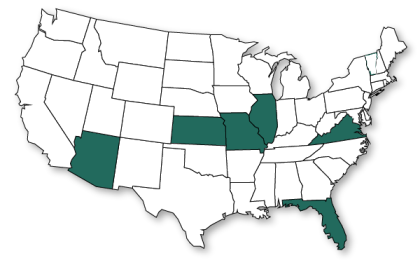Next week marks the last official week of summer vacation. It is likely also the beginning of your “back to work” business travel. Business travelers should note these specific precautions when conducting business transactions from the road, especially if you are likely to be more focused on the speed of getting things done rather than security.
- Be vigilant when using public Wi-Fi networks available from airports, hotels or coffee shops. Identity thieves can easily access your device through this type of network and install malware. There are many alternatives to using public hotspots, such as using your mobile phone as a secure personal hotspot or using a Virtual Private Network (VPN).
- Certainly, if you are sending critical email messages and attachments while on the road, be sure that you are using an encryption method when they contain sensitive client or strategic information. It’s especially easy for Internet criminals to intercept emails originating from public or open networks.
- Consider using a privacy filter on your laptop screen when you are in a public place. Your information could be stolen as easily as someone looking over your shoulder in a crowded airport terminal or on a plane.
- Don’t leave devices unlocked in the hotel restaurant or even in your hotel room. It only takes a minute for a hacker to insert a thumb drive into your computer and install malware.
- Be sure to log out of your web-based email accounts (Outlook Online, Gmail, etc.) when using hotel computers to check your email or print your boarding pass; and remember to empty the recycle bin when you delete any files containing sensitive information on a shared computer.
- Bring your own charging devices. Public charging stations can be infected with malware that can steal your data, delete your data or hold your data ransom.
- Turn off auto-location settings from non-critical apps. And turn off Bluetooth so that your device is not “discoverable.” Hackers can hack your phone using malware built to specifically target mobile phones. You can prevent this by setting your Bluetooth settings to not “discoverable.”
- Delete any flashlight apps you might have. Research discovered that the top 10 Android flashlight apps are all monitoring user data including location, contacts, banking information and photos. Read the privacy policy and terms and conditions before downloading any flashlight apps. If they are asking for permissions that a flashlight shouldn’t really need, then don’t download.
This article was first published by RPost and is published here with permission from the site.


